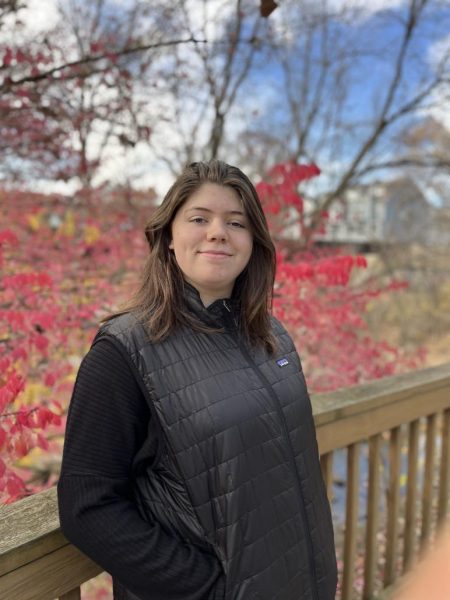The Last of Us is a expertly crafted masterpiece worth your time and attention
Suppose you’re a fan of any kind of story revolving around a dystopia, apocalyptic, science fiction, or thriller theme. In that case, you’ve probably already watched a zombie movie: World War Z, Dawn of the Dead, 28 Days Later, etc.
A common element that links these movies together is the focus on events taken right after or during the fall of civilization.
Rarely, we will see these kinds of films explore the chaotic nature of the world years or decades after the fall of humanity to a disease. And most likely, the protagonist will somehow procure a solution to save humanity with either a cure or by other means.
However, HBO Max’s newly-released nine-episode series, The Last of Us, takes a distinctive turn away from the generic zombie apocalypse formula and introduces a more probable take on a post-apocalyptic world, decades impacted by the threat of infection with no hope for immunization: a world no longer solely focused on surviving the infection but surviving each other as well.
The Last of US introduces a more probable take on a post-apocalyptic world, decades impacted by the threat of infection with no hope for immunization: a world no longer solely focused on surviving the infection but surviving each other as well.
The series starts with a cut from a live television interview filmed in 1968, where an unknown TV host discusses the appearance of a new virus appearing in Madagascar with two scientists.
In the interview, the host asks one of the scientists about the prospect of a global pandemic taking place. The scientist, Dr. Newman, an epidemiologist, disagrees with the idea that it will be bacteria to kill humankind, but a fungus.
He gives an ominous speech to the crowd, stating, “Billions of puppets with poisoned minds permanently fixed on one unifying goal: to spread the infection to every last human alive by any means necessary. And there are no treatments for this. No preventatives, no cures. They don’t exist. It’s not even possible to make them. We lose.”
The episode then switches to the day of the outbreak, September 2013, where we meet our first protagonist, Joel Miller, played by Pedro Pascal, a single man in his late 20s living with his daughter, Sarah Miller, played by Nico Parker, in the American suburbs of Texas.
The day starts out as ordinary, with Joel waking up to find his daughter making breakfast to commemorate his birthday, where she playfully berates her father for forgetting to grab pancake mix.
The day goes along like usual for the Miller family, with Joel going to work and Sarah going to school. However, things take a turn for the worse when night falls for the unsuspecting duo.
Joel is called away to retrieve his brother, Tommy Miller, from prison, leaving Sarah at home. Sarah, hearing a commotion in the neighbor’s house, goes to check up on the elderly couple living inside where she is shocked to find her neighbor bleeding out, and his wife infecting their daughter with the virus, cordyceps.
Skipping further along in the episode, we are introduced to a world ravaged by the effects and infection of the cordyceps for 50 years. Joel, now a part of the oldest surviving generation at the time, is doing menial jobs in a FEDRA (Federal Disaster Response Agency)-controlled city—an antagonistic, tyrannical military-run organization that portrays the last vestiges of government control in the infected age.
In the city, Joel is approached by agents of the rebel organization named, The FireFlies—people who wish to overthrow FEDRA and establish a democratic government—and asked to perform an extraction of an asset from the city in exchange for supplies to help Joel find his missing brother.
He agrees, and with the help of his partner, Tess Servopoulos, he meets and transports our second protagonist, Ellie, played by Bella Ramsey. A 14-year-old foul-mouthed, tough-as-nails tomboy, who is hiding a game-changing secret.
Together, they embark on a perilous journey across the country, encountering a number of people and civilizations who have lived by the law of survive-or-die for generations, shaping their habits and skills to create unique societies, from ruthless to isolated.
I think the best way to understand a lot of the actions undertaken and decisions—good or bad—made in The Last of Us by the characters is to understand that the majority of conflict that comes in the series is caused by a generation that is highly traumatized and ruled by survivalist values. I recommend watching this show because its direction with the idea of an apocalypse and disease alongside human emotion and nature makes it a once-in-a-life series.
The Last Of Us is a social experiment, where no one can be called inherently bad because of their situation; and, in my opinion, it brings out a questioning of moral value for not only the characters but the viewer as well.

Ava is a senior entering her second year writing for the Central Trend. She strives to be a passionate writer, hopelessly curious about all topics, and...






























































































